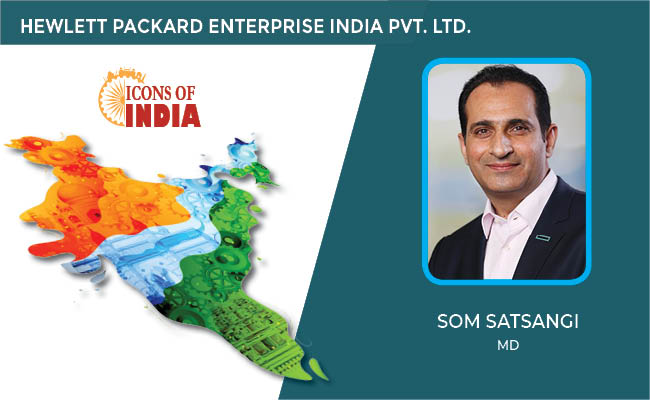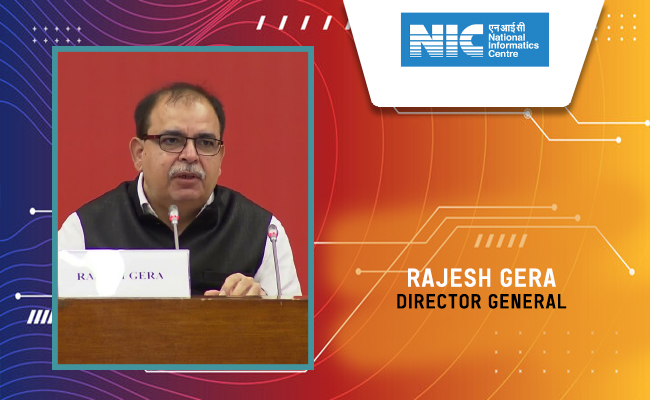Is it true that WhatsApp notified Indian government about snooping?
By MYBRANDBOOK

We have been saying many times, by publishing multiple articles on vulnerability in the WhatsApp, it is hackable. With this usage of WhatsApp owned company facebook was getting popular and increasing the footprint across the country. Earlier the company made the message to send restricted to only Five users is just a eyewash, An expert says, it was an efforts to satisfy the ego.
India remains WhatsApp’s biggest market. WhatsApp, which has about 1.5 billion monthly active users worldwide, does not really have any major competitor in India. The closest to a competitor it has in the country is Messenger, another platform owned by Facebook, and Hike. Now it has reached to more then 450 million unique users each month.
The spyware Pegasus gets into the user's phone when the person gets a video call. As the phone rings, the attacker transmits a malicious code and the spyware is installed even if the user does not answer the call at all. A report says, 121 Indians were targets of a massive snoop through an Israeli spyware that broke into phones through WhatsApp, the Facebook-owned company had informed Indian authorities in the last week of September.
"Government of India is concerned at the breach of privacy of citizens of India on the messaging platform WhatsApp. We have asked Whatsapp to explain the kind of breach and what it is doing to safeguard the privacy of millions of Indian citizens," said Union Minister Ravi Shankar Prasad said on Friday, denying government's role as alleged by some activists.
"Government is committed to protecting privacy of all Indian citizens. Government agencies have a well-established protocol for interception, which includes sanction and supervision from highly ranked officials in central and state governments, for clear stated reasons in national interest," the minister added.
Responding to allegations over breach of privacy of several Indian users on WhatsApp using Israeli surveillance software Pegasus, the Facebook-owned messaging company on Friday stated that it remains committed to protecting all messages of its users.
In a statement, WhatsApp said, "Our highest priority is the privacy and security of WhatsApp users. In May, we quickly resolved a security issue and notified relevant Indian and international government authorities. Since then we've worked to identify targeted users to ask the courts to hold the international spyware firm known as the NSO Group accountable."
According to sources, in May this year, WhatsApp had provided information to CERT-IN, a government agency and the communication was in pure technical jargon without any mention of Israeli Pegasus or the extent of the breach. WhatsApp alleged that an Israeli firm had misused its platform to aid spying on around 1,400 people across the world.
"We agree with the Government of India that it's critical that together we do all we can to protect users from hackers attempting to weaken security. WhatsApp remains committed to the protection of all user messages through the product we provide," the company said.
The Centre on Thursday sought an explanation from WhatsApp to explain the breach of privacy after the messaging platform informed several Indian users this week that they had been targetted by Pegasus earlier this year.
According to reports, WhatsApp revealed that journalists and activists in India have been the target of surveillance by operators using the Israeli spyware Pegasus.
The messaging platform said that it had reached out to the people who were targetted but declined to reveal the identities and "exact number" of those who were targeted.


Legal Battle Over IT Act Intensifies Amid Musk’s India Plans
The outcome of the legal dispute between X Corp and the Indian government c...

Wipro inks 10-year deal with Phoenix Group's ReAssure UK worth
The agreement, executed through Wipro and its 100% subsidiary,...

Centre announces that DPDP Rules nearing Finalisation by April
The government seeks to refine the rules for robust data protection, ensuri...

Home Ministry cracks down on PoS agents in digital arrest scam
Digital arrest scams are a growing cybercrime where victims are coerced or ...


Icons Of India : Kumar Mangalam Birla
Aditya Birla Group chairman Kumar Mangalam Birla recently made a comeb...

Icons Of India : MUKESH D. AMBANI
Mukesh Dhirubhai Ambani is an Indian businessman and the chairman and ...

ICONS OF INDIA : SOM SATSANGI
With more than three decades in the IT Sector, Som is responsible for ...


BEL - Bharat Electronics Limited
BEL is an Indian Government-owned aerospace and defence electronics co...

C-DAC - Centre for Development of Advanced Computing
C-DAC is uniquely positioned in the field of advanced computing...

NIC - National Informatics Centre
NIC serves as the primary IT solutions provider for the government of ...


Indian Tech Talent Excelling The Tech World - Steve Sanghi, Executive Chair, Microchip
Steve Sanghi, the Executive Chair of Microchip Technology, has been a ...

Indian Tech Talent Excelling The Tech World - REVATHI ADVAITHI, CEO- Flex
Revathi Advaithi, the CEO of Flex, is a dynamic leader driving growth ...

Indian Tech Talent Excelling The Tech World - Soni Jiandani, Co-Founder- Pensando Systems
Soni Jiandani, Co-Founder of Pensando Systems, is a tech visionary ren...
 of images belongs to the respective copyright holders
of images belongs to the respective copyright holders